The once futuristic vision of robot-staffed hotels in Japan now appears to be collapsing under the weight of its own ambition. The recent mass closures of so-called "robot hotels" across the country have sent shockwaves through the tourism and tech industries alike, raising serious questions about the viability of AI-driven hospitality services.
Henn na Hotel, which translates to "Strange Hotel," made global headlines in 2015 when it opened its doors with a staff composed primarily of robots. From dinosaur-robot receptionists to robotic porters and in-room assistants, the concept promised to revolutionize the hospitality industry. At its peak, the chain operated eight locations across Japan. Today, more than half have shuttered their doors permanently, with the remaining locations drastically scaling back their robotic workforce.
The downfall of these technological marvels reveals a harsh truth about the current limitations of AI in service industries. While the robots initially attracted curious tourists, numerous operational flaws quickly became apparent. Guests complained about robotic staff failing to understand basic requests, malfunctioning at critical moments, and creating more problems than they solved. The much-hyped cost savings never materialized either, as maintaining the robotic workforce proved more expensive than anticipated.
This trend extends beyond hotel lobbies. Across Japan's tourism sector, various AI-powered services are experiencing similar setbacks. Automated tour guides, AI concierge apps, and robot-assisted travel planning services have all seen declining user engagement after initial bursts of enthusiasm. The pattern suggests a broader cooling of the AI tourism boom that many predicted would dominate the industry by this decade.
Industry analysts point to several fundamental miscalculations in the implementation of these technologies. "There was an assumption that novelty alone could sustain these ventures," explains hospitality consultant Kenji Yamamoto. "But tourism is ultimately about human experiences and connections. When the robots couldn't deliver on basic service expectations, the novelty wore off quickly."
The financial realities have been brutal. Most robot hotels operated on razor-thin margins even during peak periods, with occupancy rates consistently below industry averages. The COVID-19 pandemic delivered the final blow to many struggling locations, as international tourism evaporated overnight. What began as a bold experiment in futuristic hospitality has ended as a cautionary tale about technological overreach.
Interestingly, the failures haven't completely deterred innovation in the sector. Some surviving locations have adopted a hybrid model, combining limited robotic elements with traditional human staff. This approach appears to be finding more success, offering technological novelty without sacrificing service quality. "The lesson isn't that technology has no place in hospitality," notes tech analyst Maria Chen. "Rather, it needs to enhance human service, not replace it entirely."
The implications extend far beyond Japan's borders. Countries worldwide looking to Japan as a leader in robotic services are now reevaluating their own AI tourism initiatives. From Singapore to Dubai, planned robotic hotel projects are being scaled back or redesigned in light of Japan's experience. The global hospitality industry appears to be entering a more pragmatic phase regarding automation.
For now, the dream of fully automated hotels remains just that - a dream. The collapse of Japan's robot hotel experiment serves as a reminder that in service industries, human touch still matters. As the tourism sector recovers from pandemic losses, the focus has shifted back to fundamentals: cleanliness, comfort, and genuine hospitality. Technology may still play a role, but as the robot hotels have shown, it can't be the star of the show.
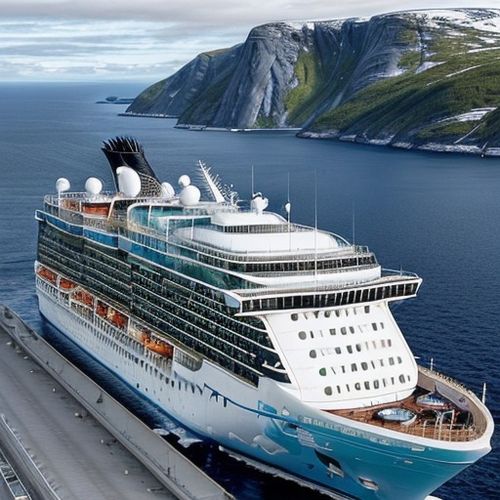
By Rebecca Stewart/Apr 7, 2025
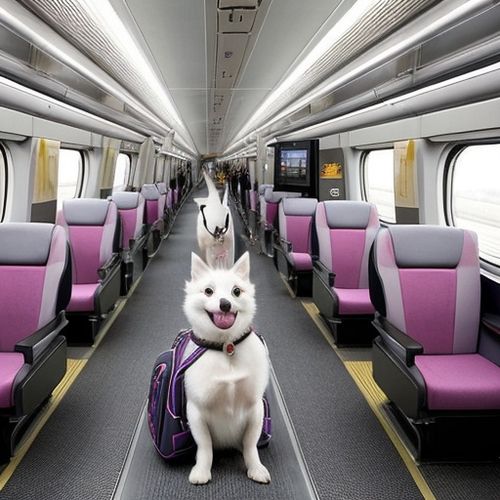
By Sophia Lewis/Apr 7, 2025

By Emily Johnson/Apr 7, 2025

By Laura Wilson/Apr 7, 2025

By David Anderson/Apr 7, 2025

By Benjamin Evans/Apr 7, 2025
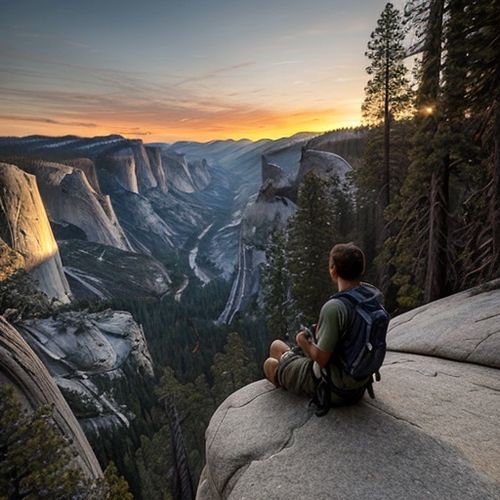
By William Miller/Apr 7, 2025
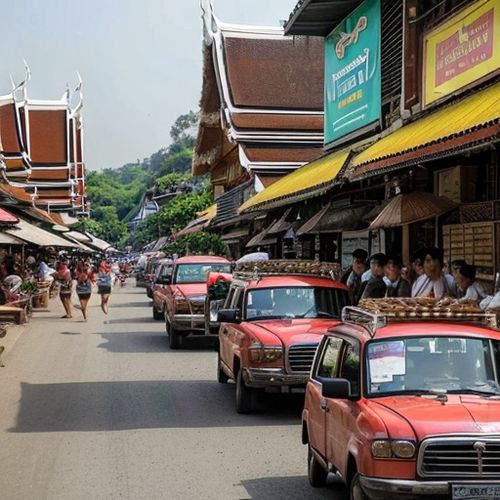
By Emma Thompson/Apr 7, 2025

By Benjamin Evans/Apr 7, 2025
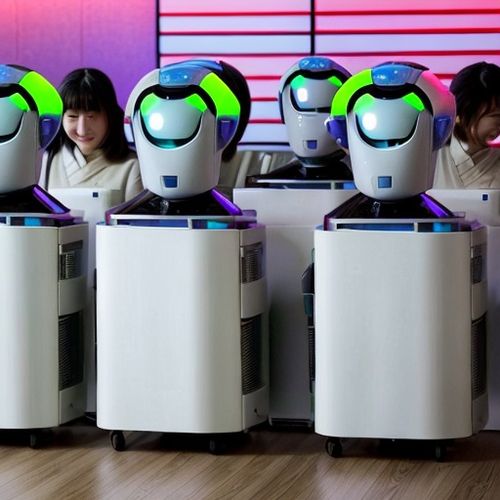
By Noah Bell/Apr 7, 2025
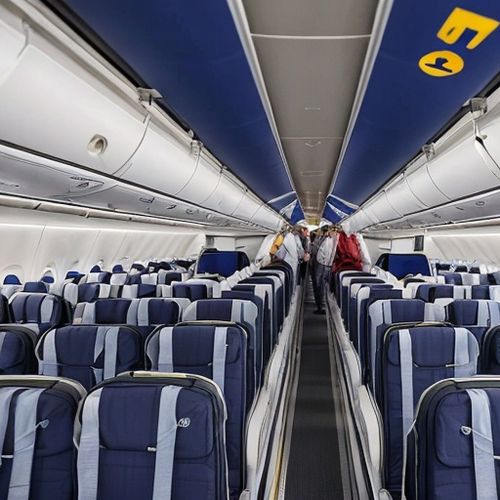
By Elizabeth Taylor/Apr 7, 2025

By George Bailey/Apr 7, 2025
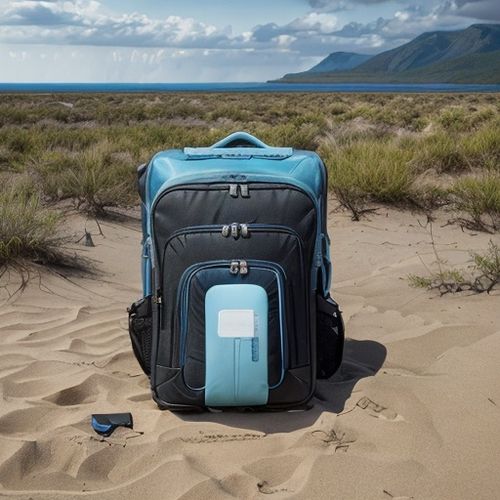
By Olivia Reed/Apr 7, 2025
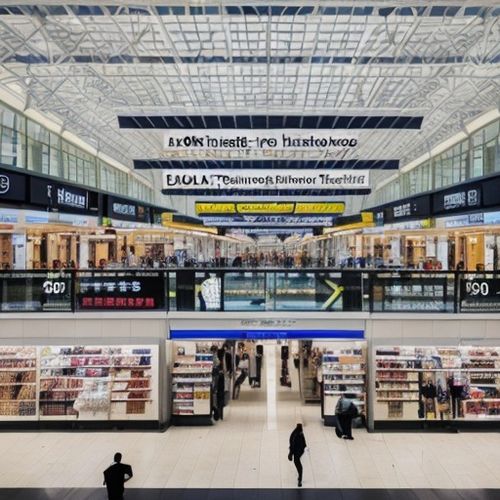
By Ryan Martin/Apr 7, 2025
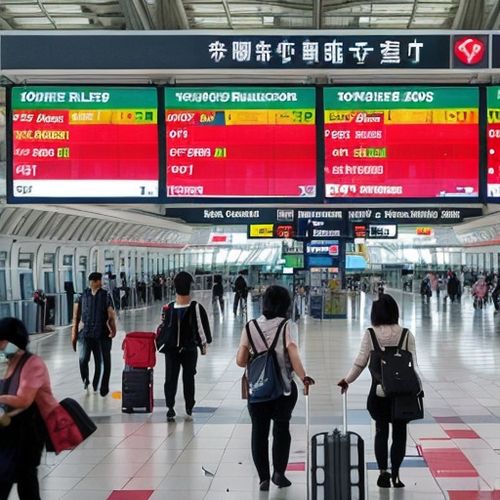
By George Bailey/Apr 7, 2025
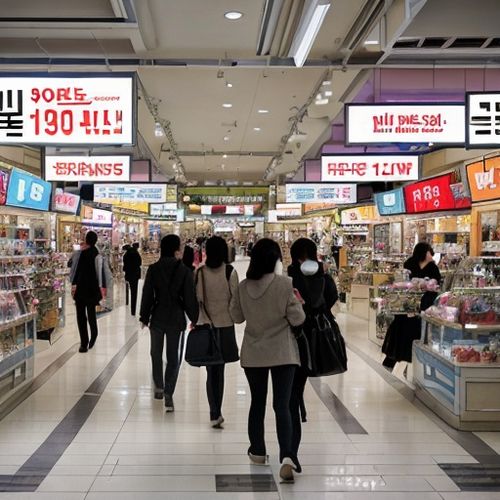
By Laura Wilson/Apr 7, 2025

By Laura Wilson/Apr 7, 2025